Bipolar Disorder Causes, Signs, Symptoms & Treatment
Bipolar disorder causes do bring about changes in mood, energy, and also activity levels. A person with bipolar disorder typically experiences at least one episode of “high” mood, or perhaps mania, and a period of “low” mood, or depression.
Bipolar disorder was indeed formerly referred to as manic depression. It can indeed severely affect a person’s daily life. The specific effects do vary between individuals. With appropriate treatment and also support, several people with bipolar disorder live a full and productive life.
On average, symptoms do begin around age 25 years but can appear during the teenage years or even later in life. It does affect all people, regardless of sex.
What is bipolar disorder?
It is a mental health condition that causes unusual shifts in a person’s concentration, mood, activity level, and energy.
The main symptoms of bipolar disorder are alternating episodes of high and low mood.
Changes in energy levels, sleep patterns, and also ability to focus, and other symptoms can indeed severely affect a person’s behavior, work, relationships, as well as other aspects of life.
Most people do experience mood changes at some time or other, but those related to bipolar disorder are in fact more intense than regular mood changes. Other symptoms can occur like psychosis and also delusions, hallucinations, and paranoia.
Between episodes, a person’s mood can be stable for months or even years, if following a particular treatment plan.
Treatment helps several people with bipolar disorder to lead a full and productive life. Yet, when treatment helps a person feel better, they may stop taking their medication. If this does happen, symptoms can return.
Few aspects of bipolar disorder can make a person feel good. During an elevated mood, they may in fact find themselves to be more sociable, talkative, and also creative.
Yet, an elevated mood is unlikely to last. Even if it does, it may be hard to sustain attention or even follow through with plans.
Symptoms of bipolar disorder
Patients can experience “highs” and “lows” simultaneously or in quick succession. When they do occur in quick succession, it is known as rapid cycling.
Mania or Hypomania
Mania and hypomania are elevated moods. Mania is more or less focused on more intense than hypomania.
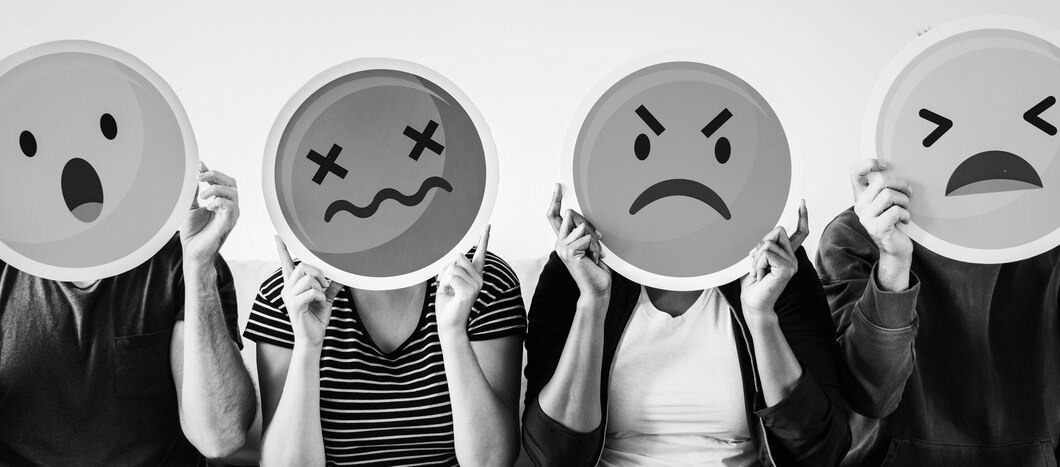
Mania or Hypomania
Symptoms can include:
- an increase in energy and also activity
- a feeling of restlessness
- excessively good, euphoric, or “high” mood
- racing thoughts, talking quickly, or jumping from say a particular thought to another
- severe irritability
- difficulty concentrating
- a feeling of needing less sleep than of course usual
- unrealistic beliefs in one’s own powers and also abilities
- increased sex drive
- behaviors that may be harmful, aggressive, or even dangerous
- denying that something can rather be wrong
Few people with bipolar disorder can spend a lot of money, use recreational drugs, consume alcohol, and also participate in dangerous and inappropriate activities.
Depressive symptoms
During an episode of depression, a person may experience:
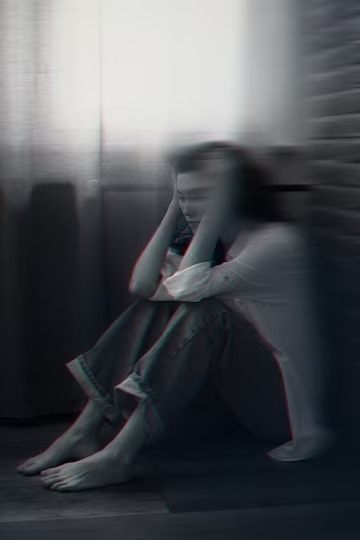
Depression
- Sadness and anxiety
- changes in sleep patterns, like:
- difficulty falling asleep
- waking up too early
- sleeping too much
- restlessness or even lethargy
- difficulty concentrating or even making decisions
- talking slowly or perhaps finding it difficult to say anything
- forgetfulness
- a lack of interest in activities, even those typically enjoyed
- feeling unable to complete simple tasks
- feelings of worthlessness or even hopelessness
In severe cases, a person may also experience suicidal thoughts or behaviors.
Treatment for bipolar disorder
Treatment stabilizes the person’s mood and also reduces the severity of symptoms. The idea is to help the person function effectively in daily life.
Treatment does involve a combination of therapies, including:
- medication, such as:
- antipsychotic medications
- mood stabilizers
- antidepressants, in a few cases
- psychotherapy, like:
- cognitive behavioral therapy (CBT)
- family-focused therapy
- self-management strategies, like:
- education on the condition
- learning to recognize the early symptoms of an episode
- complementary therapies, like:
- exercise
- meditation
- self-care, like quality sleep
Conclusion
Bipolar disorder needs medical attention.

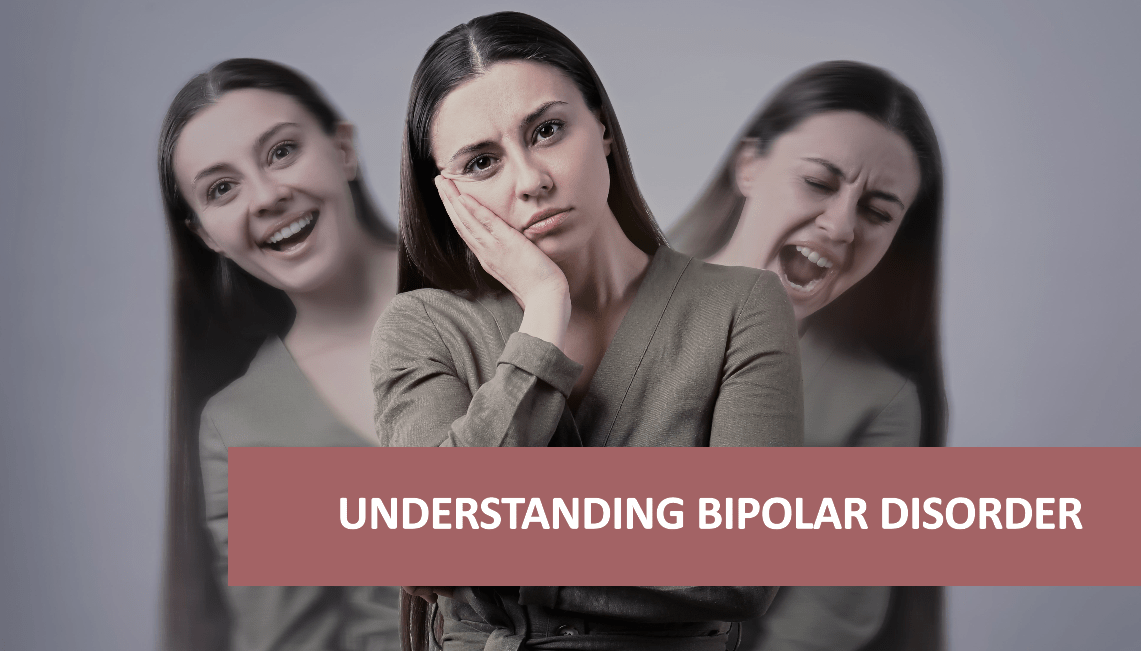


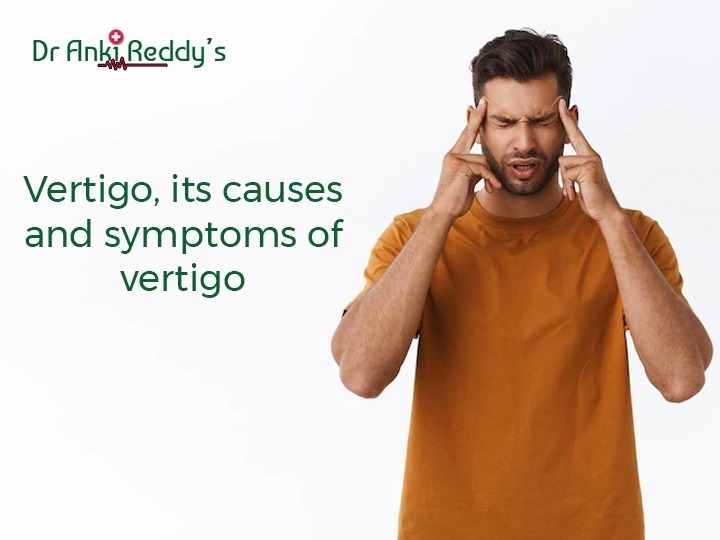
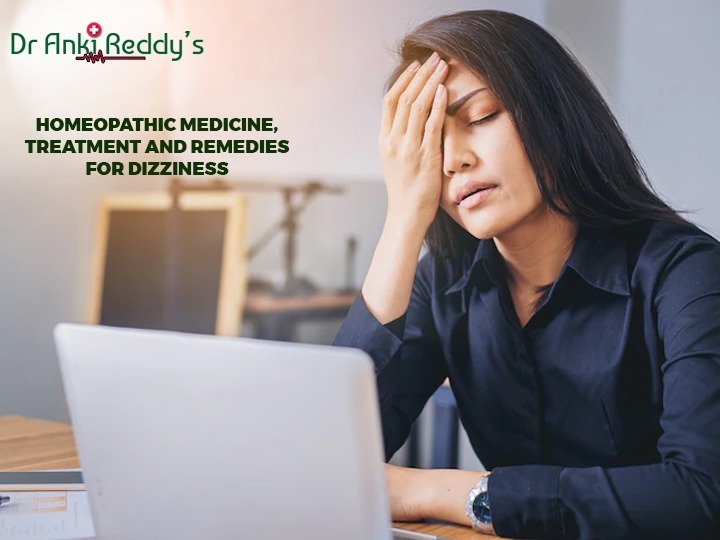
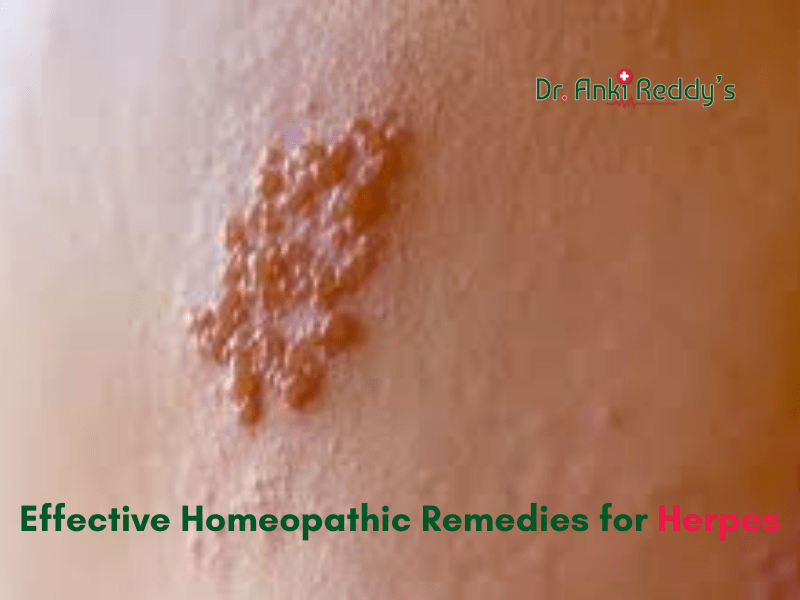
There are no comments